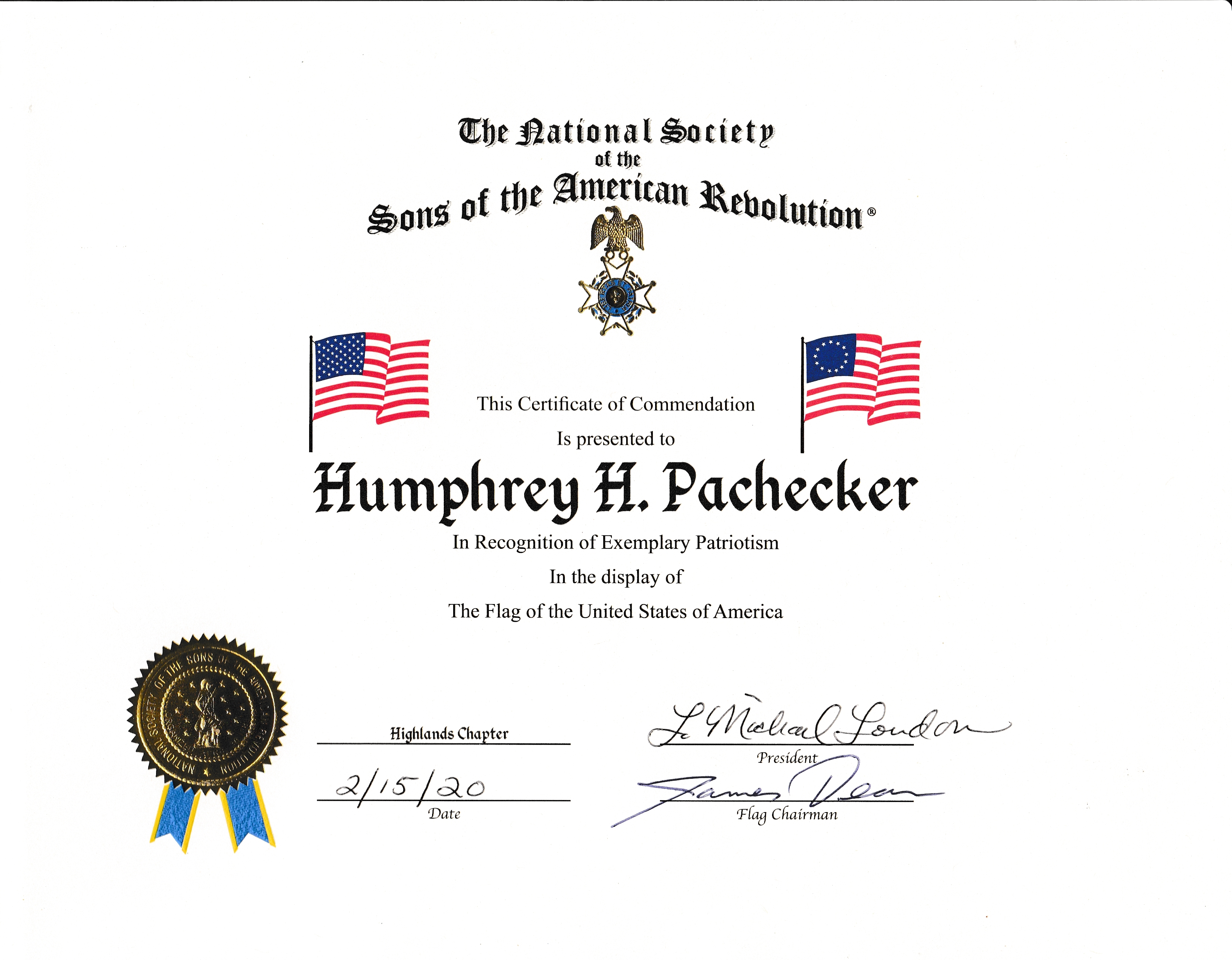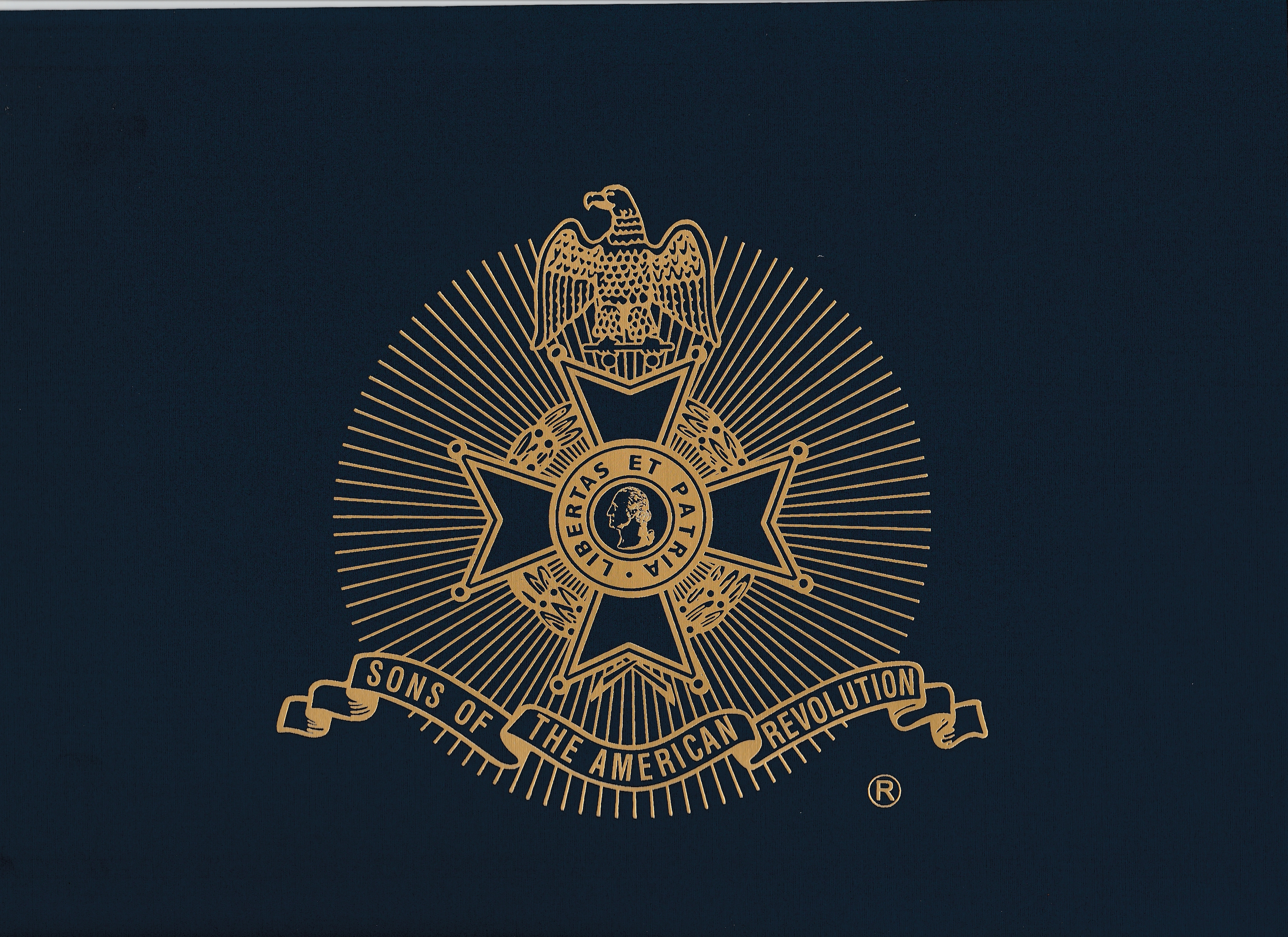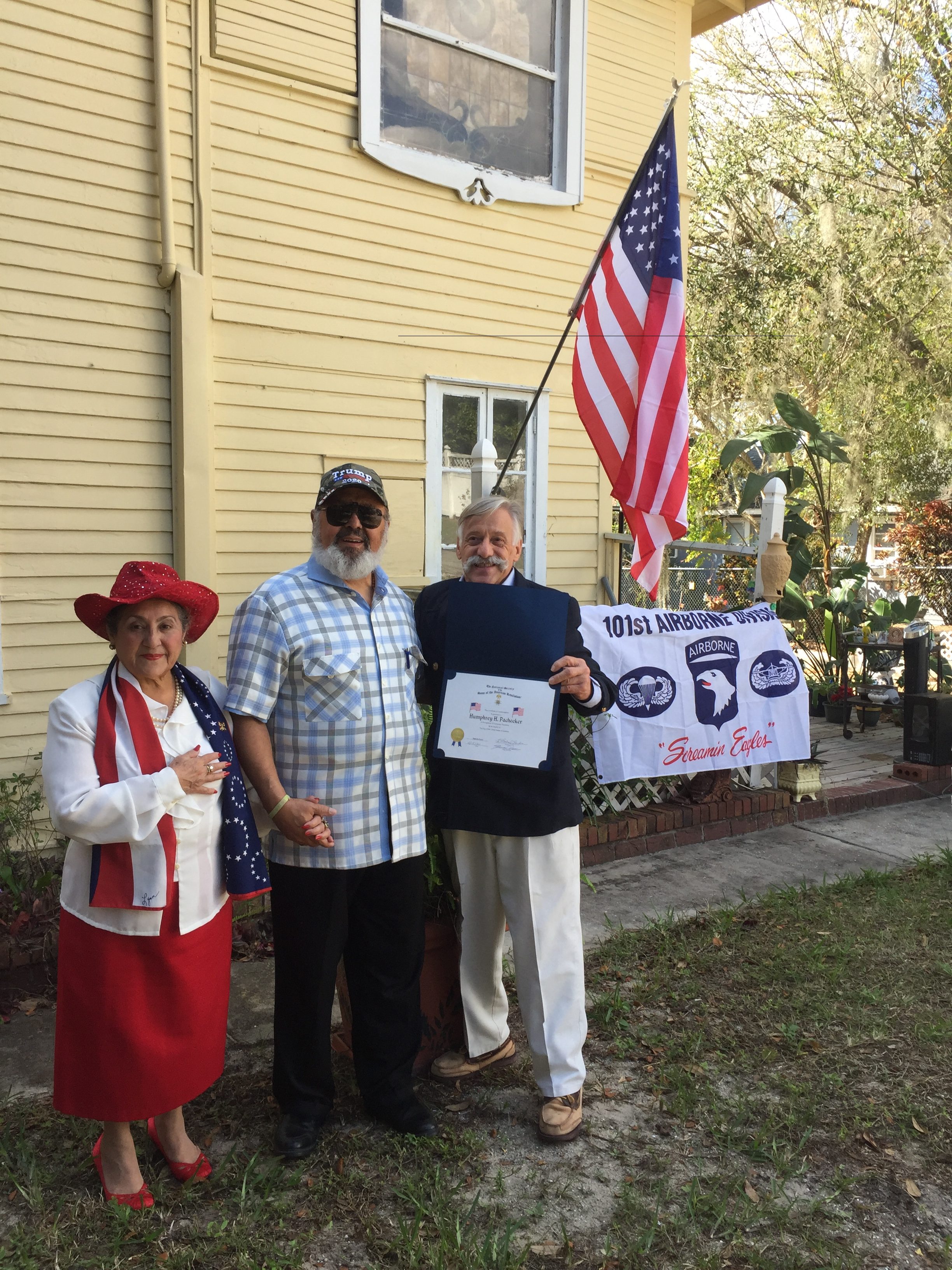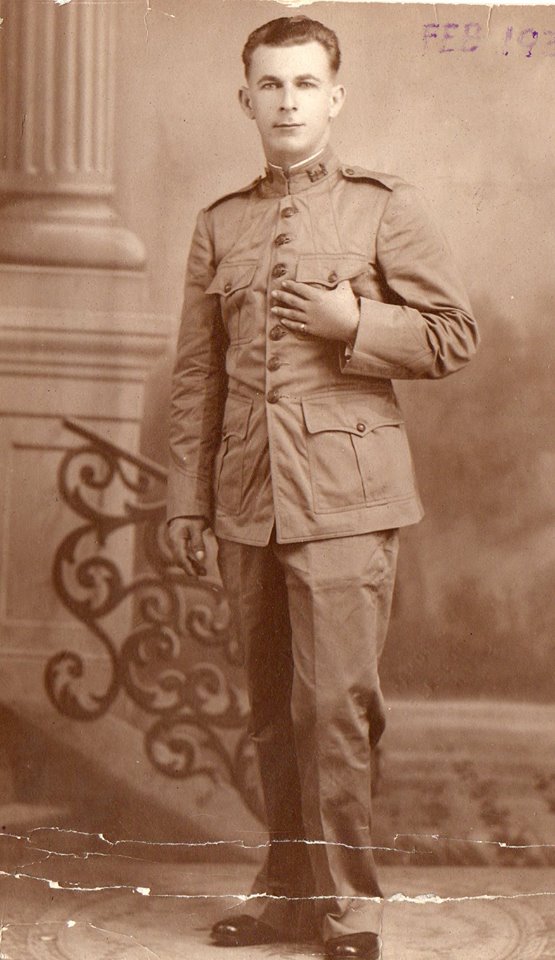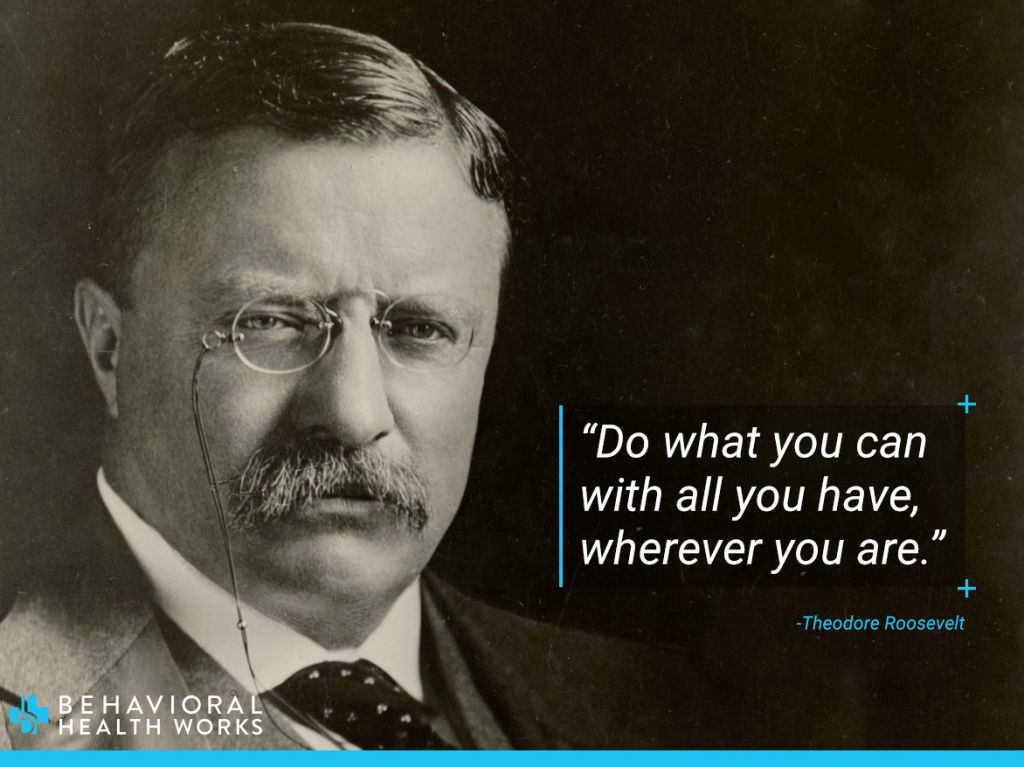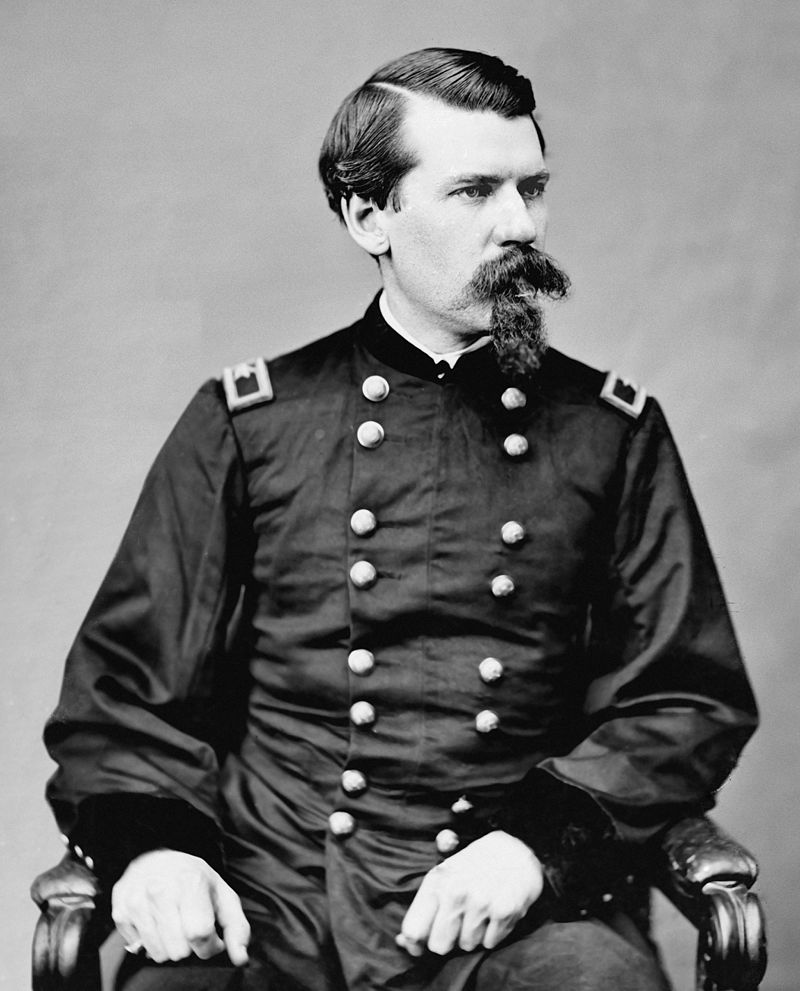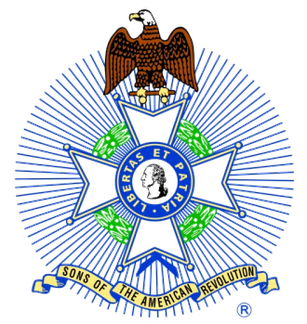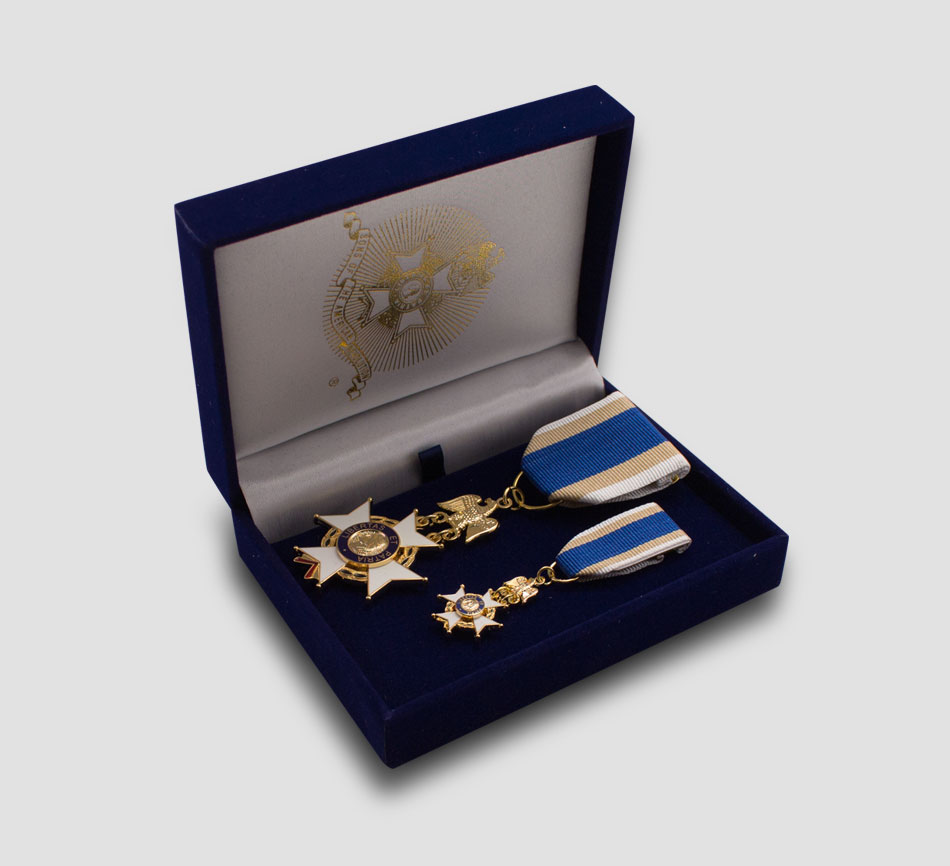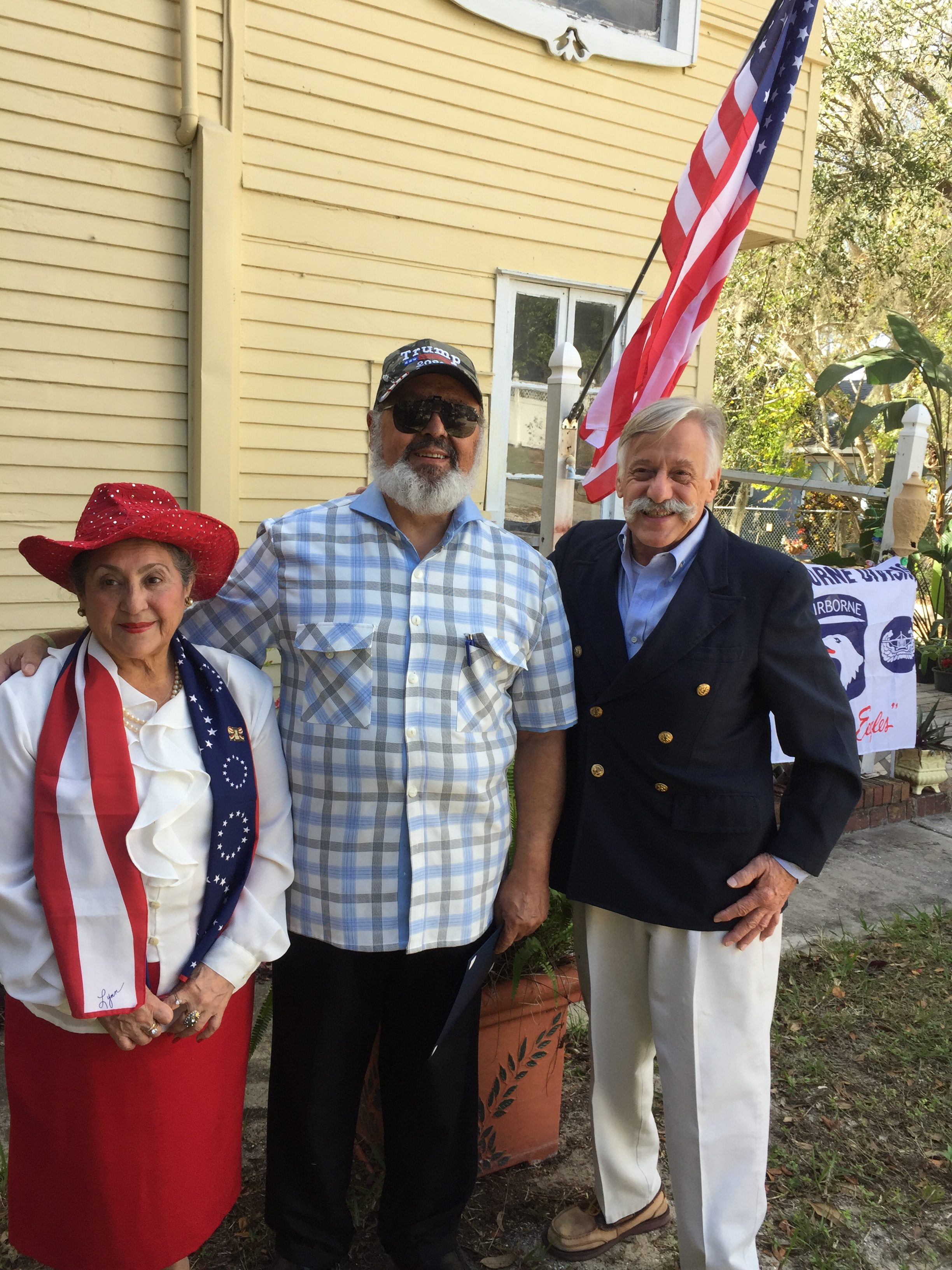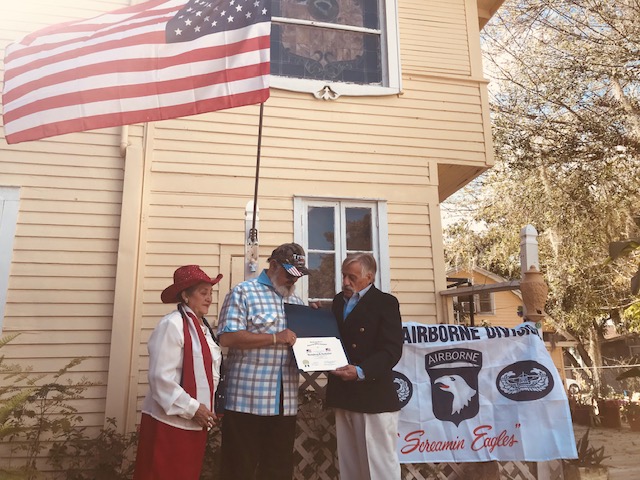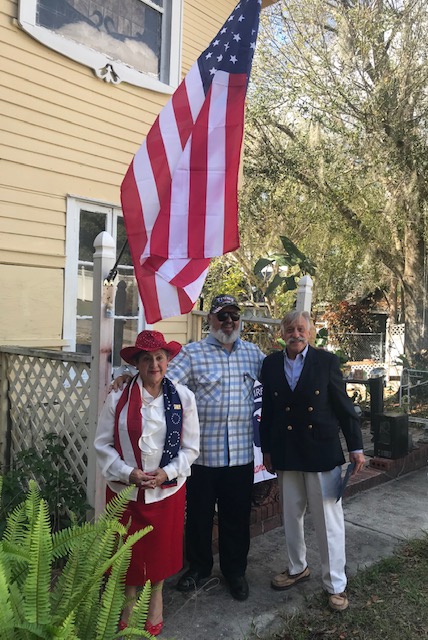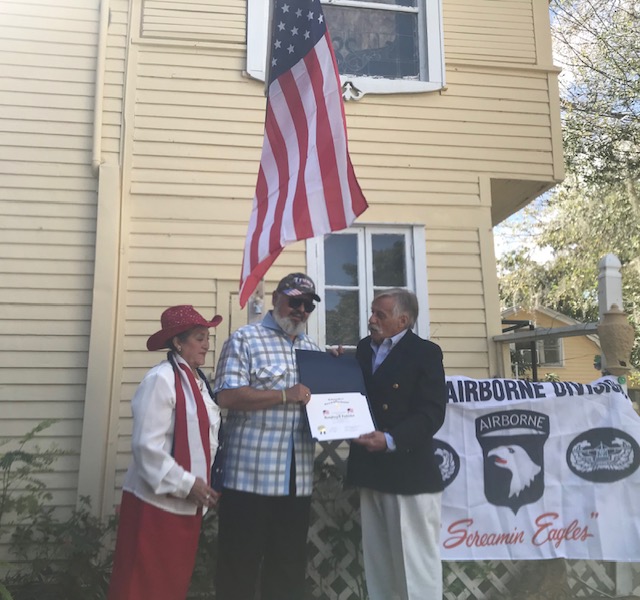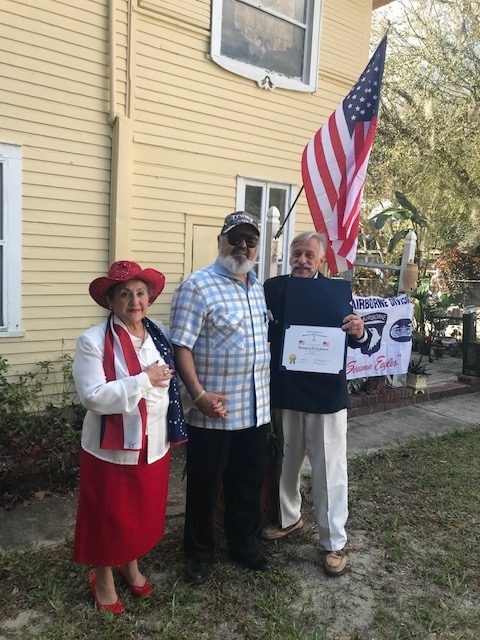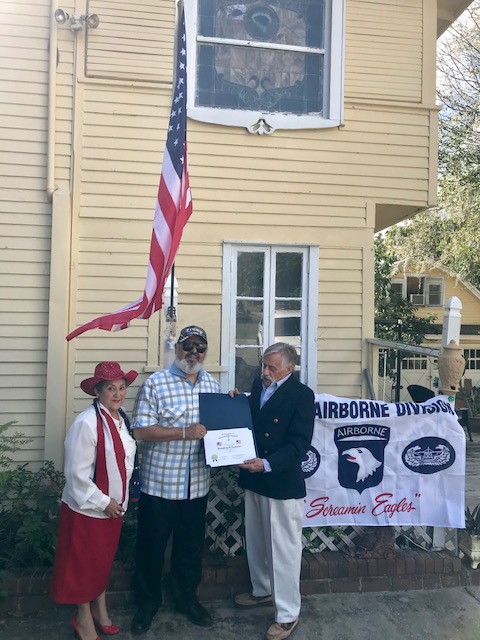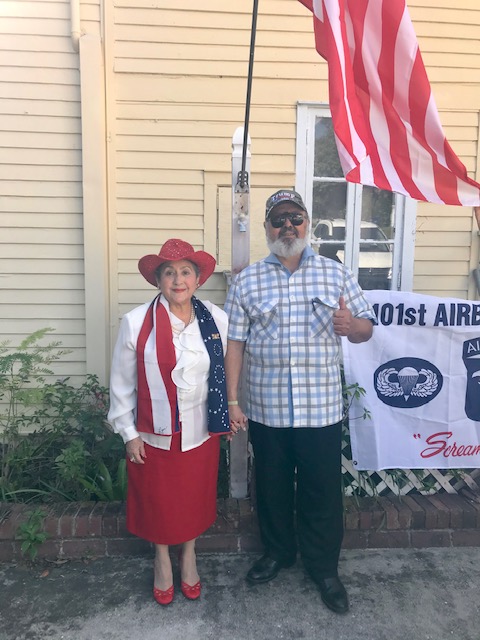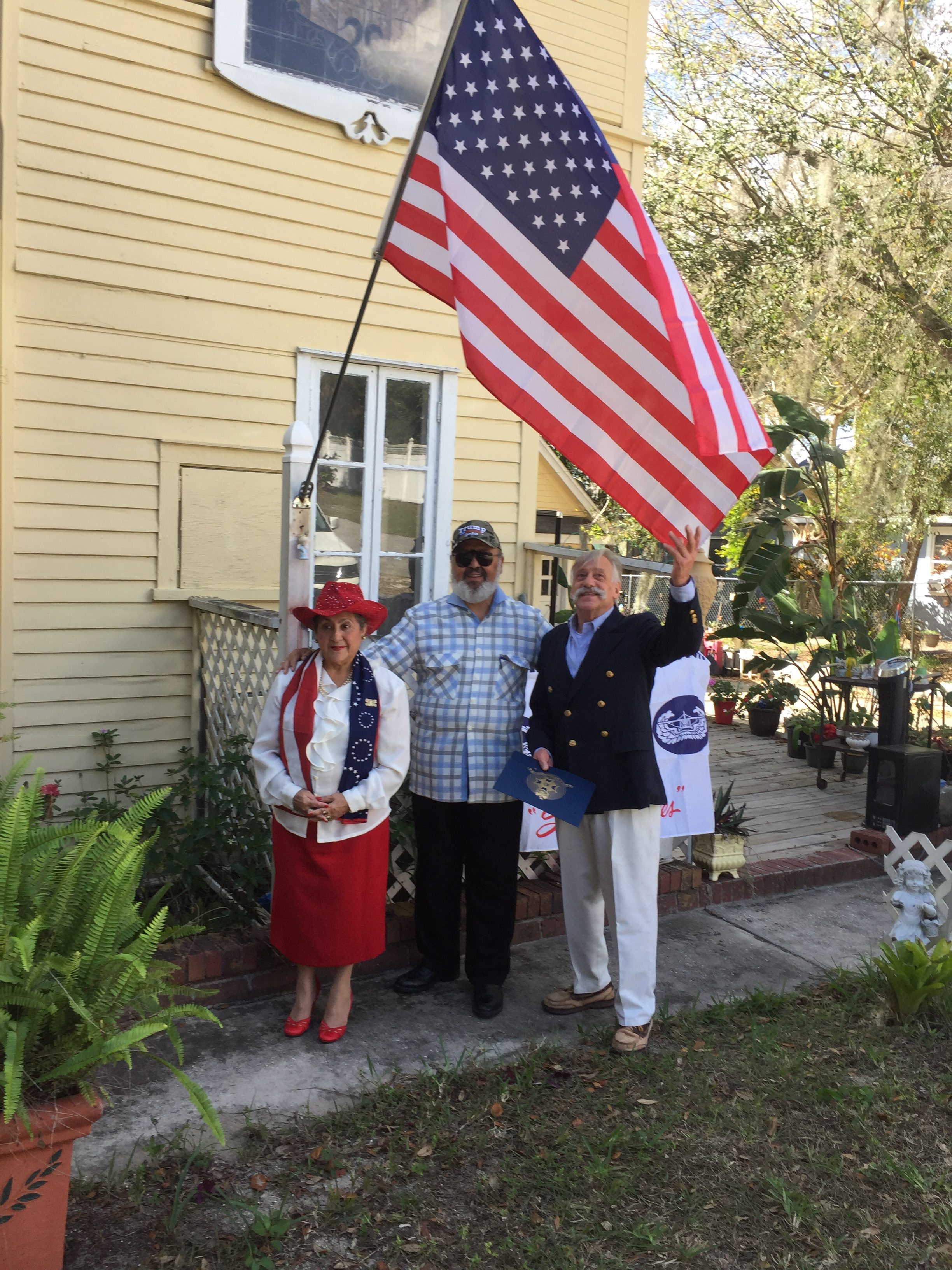NAFA LAW, The National Association for Foreign Attorneys, with the UNPAM University and AICAC-HR Court celebrate this recognition to our president and founder Humphrey Humberto Pachecker.
“It is a great honor for me and to my family today February 15, 2020 that “The National Society of the Sons of the American Revolution” granted me with the honor of the “Commendation Certificate” to HUMPHREY H. PACHECKER, in Recognition of Exemplary Patriotism in the display of our beloved Flag of the United States of America. I consider this Commendation Certificate the highest award that a citizen can receive for proudly displaying the United States Flag 365 days a year- granted.”
“Highlands Chapter “Sons of the American Revolution” Sebring, Florida. Society Sons of the American Revolution SAR. Thank you- President Mr. London, Flag Chairman Mr. Dean, wifes and sister for this honor.” HHP
Today my father Humberto Pacheco León Roque would be very proud of this Recognition. My father a Military of the Corps of Engineers – Army of Cuba during World War II, this photo from 1934. The Republic of Cuba together with the Corps of Engineers of the United States Army. Due to the geographical position of Cuba at the entrance of the Gulf of Mexico, the role of Havana as the main commercial port in the West Indies and the natural resources of the country, Cuba was the main important participant in the ‘American Theater of World War II’ , and later Cuba was one of the biggest beneficiaries of the “Lending and Leasing Program of the United States”. In addition, Cuba declared war on the powers of the Nazi Axis in December 1941, becoming the one or one of the first Latin American countries to enter into conflict in the Second World War. By the end of the war in 1945, its Cuban military had developed the reputation in the United States of being the most efficient and cooperative of all of the Caribbean nations.
The National Society of the Sons of the American Revolution (SAR or NSSAR) is an American congressionally chartered organization, founded in 1889 and headquartered in Louisville, Kentucky. A non-profit corporation, it has described its purpose as maintaining and extending “the institutions of American freedom, an appreciation for true patriotism, a respect for our national symbols, the value of American citizenship, [and] the unifying force of ‘e pluribus unum’ that has created, from the people of many nations, one nation and one people.”
The members of the society are male descendants of people who served in the American Revolutionary War or who contributed to establishing the independence of the United States. It is dedicated to perpetuating American ideals and traditions, and to protecting the Constitution of the United States; the official recognition of Constitution Day, Flag Day, and Bill of Rights Day were established through its efforts. It has members in the United States, Canada, France, Germany, Mexico, Spain, Switzerland, and the United Kingdom. The organization is distinct from the Sons of the Revolution, a separate descendants heritage organization founded on February 22, 1876 by businessman John Austin Stevens and members of The Society of the Cincinnati. SAR Founder William Osborn McDowell disagreed with the Sons of the Revolution requirement at that time that all state societies were to be subordinate to the New York society.
Illustrious and Honorable members: The governance of the Sons of the American Revolution is made up of 10 National (General) Officers, 15 Vice-Presidents that preside over separate geographical regions and a Trustee elected from each state and international society. These officers meet several times over the year to discuss business pertaining to the society. The National Officers meet at least four times during their term of office, unless special meetings are called. The Trustees meet twice each year at the Society’s Headquarters in Louisville, Kentucky. These meetings, known as the Fall and Spring Leadership Meetings, are normally held in late September and early March. During the Leadership Meetings committee recommendations and the society’s budget are approved. While only the National Officers, Vice-Presidents and Trustees have the right to vote on the floor, all SAR members are welcome to attend and may request appointment to committees. President Theodore Roosevelt, was a member of the organization, who signed its Congressional Charter in 1906.
The cross’s vertical bar represents the commandment “You Shall Love Your God”; the horizontal bar represents the commandment “You Shall Love Your Neighbor as Yourself.” The four limbs are a reminder of the four cardinal virtues; its eight points represent eight spiritual injunctions:
To have spiritual contentment
To live without malice
To weep over your sins
To humble yourself at insults
To love justice
To be merciful
To be sincere and open-hearted
To suffer persecution Surrounding the relief of Washington in the center are the words “LIBERTAS ET PATRIA,” a reminder of the United States Declaration of Independence and the United States Constitution.
The insignia is normally worn suspended by a ribbon of blue, white and gold (buff) on the wearer’s left breast. National officers and former state and chapter presidents wear the insignia suspended from a neck ribbon of the Society’s colors. On other occasions a rosette in the Society’s colors is worn on the wearers left lapel.
Presidents of the United States: To date, 17 presidents of the United States have been members of the SAR. President Grant was admitted posthumously in recognition of his being a member of the Sons of Revolutionary Sires, whose members were later admitted to membership in the SAR:
Ulysses S. Grant (posthumous) 18th
Rutherford B. Hayes 19th
Benjamin Harrison 23rd
William McKinley 25th
Theodore Roosevelt 26th
William Howard Taft 27th
Warren G. Harding 29th
Calvin Coolidge 30th
Herbert Hoover 31st
Franklin D. Roosevelt 32nd
Harry S. Truman 33rd
Dwight D. Eisenhower 34th
Lyndon B. Johnson 36th
Gerald D. “Jerry” Ford 38th
James Earl “Jimmy” Carter 39th
George H. W. Bush 41st
George W. Bush 43rd
Of the presidents who lived since the SAR’s founding in 1889 and are not listed above, presidents Grover Cleveland, Richard Nixon, Bill Clinton and Barack Obama all had patriot ancestors but did not join the SAR. Presidents Woodrow Wilson, John F. Kennedy, Ronald Reagan, and Donald Trump did not have patriot ancestors.
Of the presidents who served prior to the founding of the SAR, six qualify as patriot ancestors – George Washington, John Adams, Thomas Jefferson, James Madison, James Monroe and Andrew Jackson.
Vice presidents of the United States.
Charles G. Dawes
Levi P. Morton
Nelson Rockefeller
In addition to the above, the following vice presidents were SAR compatriots and later became President of the United States: Theodore Roosevelt, Calvin Coolidge, Harry S Truman, Lyndon Johnson, Gerald Ford and George H.W. Bush.
Nobel Peace Prize recipients.
President Theodore Roosevelt
President Jimmy Carter
Vice President Charles G. Dawes
Secretary of State Elihu Root
Secretary of State Frank B. Kellogg
Nobel Prize for Literature recipient:
Sir Winston Churchill
Medal of Honor recipients
The following 38 SAR Compatriots are known to have received the Medal of Honor. It is possible that there are other Medal of Honor recipients who were SAR Compatriots.
(The rank indicated is the highest held by the individual and not necessarily that held at the time the Medal of Honor was earned or awarded.)
General of the Army Douglas MacArthur, USA – Legendary general
General Jonathan Wainwright, USA – Commanded the defense of the Philippines.
Admiral Frank F. Fletcher – Commander of the Vera Cruz intervention.
Lieutenant General Nelson A. Miles, USA – U.S. Army Commanding General, 1895–1903.
Vice Admiral James Bond Stockdale, USN – Prisoner of War in Vietnam.
Major General Patrick Brady, USA – Vietnam War helicopter pilot.
Major General Adolphus Greely, USA – Civil War veteran and Arctic explorer.
Major General David S. Stanley, USV
Brevet Major General Lewis Addison Grant, USV – Assistant Secretary of War.
Brevet Major General Rufus Saxton, USV
Brevet Major General Orlando Willcox, USA
Rear Admiral Richard E. Byrd Jr., USN – aviator and Antarctic explorer.
Brigadier General Theodore Roosevelt Jr., AUS – Landed at Utah Beach on D-Day.
Brigadier General John B. Babcock, USA
Brigadier General Robert H. Dunlap, USMC
Brigadier General Joseph Foss, SDANG – Marine fighter pilot and Governor of South Dakota.
Brigadier General Oscar F. Long, USA
Brigadier General Edmund Rice, USV
Brevet Brigadier General Byron Mac Cutcheon, USV
Brevet Brigadier General Horace Porter, USV – President General of the SAR from 1892 to 1897.
Brevet Brigadier General Philip S. Post, USV – U.S. Representative.
Brevet Brigadier General Edward W. Whitaker, USV
Colonel John C. Gresham, USA
Colonel Charles H. Heyl, USA
Colonel Theodore Roosevelt, USV – Hero of the Battle of San Juan Hill.
Brevet Colonel Clinton A. Cilley, USV
Brevet Colonel Horatio Collins King, USV
Lieutenant Colonel Bernard A. Byrne, USV
Brevet Lieutenant Colonel George G. Benedict, USV
Major Ira H. Evans, USV
Major John Alexander Logan Jr., USV
Brevet Major Ira H. Evans, USV
Surgeon John O. Skinner, USA
Captain George Washington Brush, USV
First Lieutenant Powhatan H. Clarke, USA
Chief Warrant Officer Hershel W. Williams, USMCR
Technical Sergeant Charles H. Coolidge, USA
Sergeant John D. Hawk, USA
Military and naval officers:
Admiral of the Navy George Dewey – Hero of the Battle of Manila Bay
General of the Armies John J. Pershing – U.S. Army Chief of Staff and commander of the American Expeditionary Force in the First World War
General of the Army Dwight Eisenhower – Supreme Commander of Allied Forces Europe
General of the Air Force Henry H. Arnold, USAF – Commander of the U.S. Army Air Force in World War II
Fleet Admiral William F. Halsey – Commander of the 3rd Fleet in World War II
General Joseph E. Johnston, CSA – Confederate general
General Frederick Kroesen – Vice Chief of Staff of the United States Army
General Charles P. Summerall – U.S. Army Chief of Staff
General William C. Westmoreland – Commander of Military Assistance Command Vietnam (MACV)
Admiral Thomas H. Moorer – Chairman of the Joint Chiefs of Staff
Admiral David Dixon Porter – Senior admiral of the U.S. Navy
Admiral Harry D. Train II – NATO Supreme Allied Commander Atlantic
Lieutenant General Joseph Wheeler, CSA – Veteran of the Civil War and the Spanish–American War
Lieutenant General Theodore G. Stroup, USA – Deputy Chief of Staff, Personnel
Lieutenant General Guy Swan, USA – Commanding General, 5th US Army
Lieutenant General David Ohle, USA – Deputy Chief of Staff, Personnel
Vice Admiral James Bond Stockdale, USN – President of the Naval War College
Major General Thomas M. Anderson – Veteran of the Civil War, Spanish–American War and the Philippine Insurrection
Major General Joseph Cabell Breckinridge Sr., USV – Veteran of the Civil War and the Spanish–American War
Major General Donald Burdick, USA – Director, Army National Guard
Major General Darius N. Couch, USV – Union Army general during the Civil War
Major General Frederick D. Grant, USV – Son of President Ulysses S. Grant
Major General Ulysses S. Grant III – Grandson of President Ulysses S. Grant
Major General Curtis Guild Jr., MVM – Governor of Massachusetts
Major General William Henry Fitzhugh Lee, CSA – Son of General Robert E. Lee
Major General William R. Shafter – Commanded U.S. Army V Corps in Cuba in the Spanish–American War
Rear Admiral Charles Johnston Badger – Superintendent of the United States Naval Academy
Rear Admiral John R. Bartlett – Oceanographer
Rear Admiral George Belknap
Rear Admiral Walter S. Crosley – Navy Cross recipient
Rear Admiral Lewis A. Kimberly
Rear Admiral Winfield Scott Schley – Hero of the Battle of Santiago de Cuba
Rear Admiral John L. Worden – Commander of the USS Monitor
Brigadier General James Devereux, USMC – Recipient of the Navy Cross and congressman
Brigadier General Charles Wheaton Abbot Jr., RING – Adjutant General of Rhode Island
Brigadier General George Andrews – Adjutant General of the United States Army
Brigadier General George Lippitt Andrews
Brigadier General William H. Bisbee – Veteran of the Civil War and Spanish–American War (lived to age 102)
Brigadier General Charles A. Coolidge – Veteran of the Civil War and Spanish–American War.
Brigadier General Charles Duke, USAF – Apollo 16 lunar module pilot.
Brigadier General Winfield Scott Edgerly – Veteran of the Indian Wars and the Spanish–American War.
Brigadier General James Roosevelt, USMCR – Recipient of the Navy Cross and the Silver Star.
Brigadier General George Miller Sternberg – U.S. Army Surgeon General.
Brigadier General Charles Foster Tillinghast Sr., RING – Veteran of the Spanish–American War and World War I
Brevet Brigadier General Edwin S. Greeley – Union Veteran of the Civil War
Captain Charles V. Gridley, USN – Captain of the USS Olympia at the Battle of Manila Bay.
Colonel Ashley Chadbourne McKinley, USAF – Photographer on first flight over the South Pole.
Colonel Theodore Roosevelt, USV – Spanish–American War veteran and leader of the Rough Riders
Lieutenant Colonel Russell Benjamin Harrison, USV – Veteran of the Spanish–American War and son of President Benjamin Harrison.
Lieutenant Colonel Archibald Roosevelt, AUS – Veteran of both world wars and four time recipient of the Silver Star.
Commander Franklin Roosevelt Jr., USN – Recipient of the Silver Star and Congressman.
Major Washington Irving Lincoln Adams, NA – Politician, banker and veteran of World War I, descendant of President John Adams and president general of the SAR from 1922 to 1923.
Major Archibald Butt – Presidential aide who died on the RMS Titanic.
Major Kermit Roosevelt, AUS – Served in the British and American armies in both world wars and recipient of the Military Cross.
Brevet Major Augustus P. Davis, USV – Founder of the Sons of Union Veterans of the Civil War.
Captain Shelby Stanton, USA – Historian and author.
Public officials.
Foreign national leaders:
HM Juan Carlos I – King of Spain
Rt. Hon. Sir Winston Churchill KG, OM, CH, TD, FRS – Prime Minister of the United Kingdom
Cabinet officers
Charles F. Adams III – Secretary of the Navy
Joseph W. Barr – Secretary of the Treasury
Herbert Hoover – Secretary of Commerce
Charles Evans Hughes (honorary) – Supreme Court Chief Justice, Secretary of State and Governor of New York
Frank B. Kellogg – Secretary of State
Franklin Roosevelt – Assistant Secretary of the Navy
Theodore Roosevelt – Assistant Secretary of the Navy
Elihu Root – Secretary of War and Secretary of State
Donald Rumsfeld – Secretary of Defense
John Sherman – Secretary of the Treasury and United States Senator, author of the Sherman Anti-Trust Act
Henry L. Stimson – Secretary of War during World War II
Diplomats.
Angier Biddle Duke – Ambassador to Denmark
David J. Hill – Ambassador to Germany
John Langeloth Loeb Jr. – Ambassador to Denmark
Horace Porter – Ambassador to France
Henry L. Wilson – Diplomat and Ambassador to Mexico 1909–1913
Governors.
Sherman Adams – Governor of New Hampshire and chief of staff to President Eisenhower
Augustus O. Bourn – Governor of Rhode Island
Morgan Bulkeley – Governor of Connecticut, United States Senator, Mayor of Hartford and longtime president of Aetna Insurance
Harry F. Byrd – Governor and United States senator from Virginia
Lawton Chiles – U.S. Senator and Governor of Florida
Owen Vincent Coffin – Governor of Connecticut
Channing H. Cox – Governor of Massachusetts
Thomas E. Dewey – Governor of New York and presidential candidate
Elisha Dyer Jr. – Governor of Rhode Island
Charles Edison – Governor of New Jersey and son of Thomas Edison
Bob Ehrlich – Governor of Maryland
Phillips Lee Goldsborough – Governor of Maryland
Robert S. Green – Governor of New Jersey
Curtis Guild Jr. – Governor of Massachusetts
Lucius F. Hubbard – Governor of Minnesota and brigadier general during the Spanish–American War
Robert Floyd Kennon – Governor of Louisiana
Charles D. Kimball – Governor of Rhode Island
Charles W. Lippitt – Governor of Rhode Island
Arch A. Moore Jr. – Governor of West Virginia
Levi P. Morton – Vice President of the U.S. and Governor of New York
Franklin Murphy – Governor of New Jersey
Martin O’Malley – Governor of Maryland and presidential candidate
Rick Perry – Governor of Texas
Henry Roberts – Governor of Connecticut
Nelson A. Rockefeller – Governor of New York and Vice President of the United States
Winthrop Rockefeller – Governor of Arkansas
Theodore Roosevelt – Governor of New York
John G. Rowland – Governor of Connecticut
Leverett Saltonstall – Governor of Massachusetts
Royal C. Taft – Governor of Rhode Island
Edwin Warfield – Governor of Maryland
Charles S. Whitman – Governor of New York
Rollin S. Woodruff – Governor of Connecticut
United States senators.
Lamar Alexander – United States senator from Tennessee
Scott Brown – United States senator from Massachusetts
Quentin N. Burdick – United States senator from North Dakota
Harry F. Byrd Jr. – United States senator from Virginia
Chauncey M. Depew – United States Senator, member of the Skull and Bones Society and President of the Empire State Society of the SAR from 1890 to 1899
Sam Ervin – United States Senator and Distinguished Service Cross recipient
Barry M. Goldwater – United States senator from Arizona and presidential candidate
Marcus A. Hanna – United States senator from New York
Hamilton Fish Kean – United States senator from New Jersey
Kenneth B. Keating – United States senator from New York and Ambassador to India and Israel
Henry F. Lippitt – United States senator from Rhode Island
Henry Cabot Lodge – United States Senator from Massachusetts.
John S. McCain, III – United States senator from Arizona
Mitch McConnell – United States senator from Kentucky and United States Senate Majority Leader
Jesse H. Metcalf – United States senator from Rhode Island
John Holmes Overton – United States senator from Louisiana.
Gary Peters – United States senator from Michigan
Orville H. Platt – United States senator from Connecticut
Leverett Saltonstall – United States Senator and Governor of Massachusetts
Robert Taft Jr. – United States senator from Ohio
Herman Talmadge – United States senator from Georgia
Strom Thurmond – United States senator from South Carolina
John Tower – United States senator from Texas
Roger Wicker – United States senator from Mississippi
U.S. representatives
Richard S. Aldrich – U.S. representative from Rhode Island
Hale Boggs – Majority Leader, U.S. House of Representatives.
Colonel William Campbell Preston Breckinridge, CSA – U.S. representative from Kentucky
Brigadier General James P. S. Devereux, USMC – U.S. representative and Navy Cross recipient
Charles H. Grosvenor – U.S. representative
Gilbert Gude – U.S. representative
Jefferson M. Levy – U.S. representative and owner of Monticello
John J. Rhodes – U.S. representative for 30 years
Franklin Roosevelt Jr. – U.S. representative
Henry Stockbridge – U.S. representative
David Jenkins Ward – U.S. representative
Bog Wilson– U.S. representative from California
Judges:
William Howard Taft – Chief Justice of the United States Supreme Court
David Josiah Brewer – Associate justice of the Supreme Court
Other public officials:
Colonel Louis R. Cheney – Mayor of Hartford, Connecticut
Arthur W. Coolidge – Lieutenant Governor of Massachusetts
George P. Cronk – Los Angeles City Council member, 1945–52
Arthur W. Dennis – Lieutenant Governor of Rhode Island
Seymour Lowman – Lieutenant Governor of New York
Wallace McCamant – Federal judge
Winthrop Paul Rockefeller – Lieutenant Governor of Arkansas
Theodore Roosevelt – Police commissioner of New York City
Ernest E. Rogers – Lieutenant Governor of Connecticut
George L. Shepley – Lieutenant Governor of Rhode Island
Jon T. Rymer – Inspector General US Department of Defense
Other notable members:
Henry L. P. Beckwith Jr. – Genealogist and historian
Thomas W. Bicknell – Educator and anti-segregationist
Luther Blount – Inventor and shipyard owner
George Madison Bodge – Author, historian, and genealogist
John Nicholas Brown II – Philanthropist
Charles W. Burpee – Newspaper editor
Edward Miner Gallaudet – Founder of the Columbia Institution for the Deaf
Henry Louis Gates, Jr – Professor and chairman of the African American Studies Program at Harvard University
Elbridge Thomas Gerry – Social reformer and commodore of the New York Yacht Club
Howard B. Gist Sr. – attorney and civic figure in Alexandria, Louisiana
Benjamin Apthorp Gould – astronomer
John B. Hattendorf – Naval historian and professor at the United States Naval War College
William Randolph Hearst – Newspaper publisher and U.S. Representative
William Randolph Hearst Jr. – Newspaper editor
Benjamin Newhall Johnson – Attorney and historian
William Osborn McDowell – Founder of the SAR
Frederick Law Olmsted – Landscape architect and designer of Central Park
Norman Vincent Peale – Author and minister
-
Paul Pressler – Texas appeals court justice and leader of the Conservative Resurgence in the Southern Baptist Convention
John D. Rockefeller – Oil refiner
Theodore Roosevelt – Author and conservationist
Elliott Fitch Shepard – lawyer and newspaper owner
George Albert Smith – President of the Church of Jesus Christ of Latter-day Saints
John Spencer-Churchill – Artist and nephew of Winston Churchill
Lowell Thomas – Author and news reporter
George Washington Vanderbilt II – Owner of the Biltmore estate
Edgar Williamson Jr. – Insurance executive
List of Presidents General of the Sons of the American Revolution
This is an incomplete list of the presidents-general of the Sons of the American Revolution. The first President General was Lucius Deming. There have been three Honorary President Generals named. Four President Generals have died in office.
President General | Term in office | State Society |
Lucius Parmenias Deming | 1889–1890 | Connecticut |
William Seward Webb | 1890–1892 | Empire State (NY) |
Horace Porter | 1892–1897 | Empire State (NY) |
Edward Shepard Barrett(died in office) | 1897–1898 | Massachusetts |
Franklin Murphy | 1898–1900 | New Jersey |
Joseph Cabell Breckinridge | 1900–1901 | Kentucky |
Walter S. Logan | 1901–1902 | Empire State (NY) |
Edwin Warfield | 1902–1903 | Maryland |
Edwin S. Greeley | 1903–1905 | Connecticut |
James Denton Hancock | 1904-1905 | Pennsylvania |
Francis Henry Appleton | 1905-1906 | Massachusetts |
Cornelius Amory Pugsley | 1906-1907 | Empire State (NY) |
Nelson Alvin McClary | 1907-1908 | Illinois |
Henry W. Stockbridge Jr | 1908-1909 | Maryland |
Morris Beach Beardsley | 1909-1910 | Connecticut |
William Allen Marble | 1910-1911 | Empire State (NY) |
Moses Greeley Parker | 1911-1912 | Massachusetts |
James McElroy Richardson | 1912-1913 | Ohio |
Rogers Clark Ballard Thruston | 1913-1915 | Kentucky |
Newell Bertram Woodworth | 1915-1916 | Empire State (NY) |
Elmer Marston Wentworth | 1916-1918 | Iowa |
Louis Annin Ames | 1918-1919 | Empire State (NY) |
Chancellor Livingston Jenks Jr | 1919-1920 | Illinois |
J. Henry Preston | 1920-1921 | Maryland |
Wallace McCamant | 1921-1922 | Oregon |
W. I. Lincoln Adams | 1922–1923 | New Jersey |
Arthur Preston Sumner | 1923-1924 | Rhode Island |
Marvin Harrison Lewis | 1924-1925 | Kentucky |
Harvey Foote Remington | 1925-1926 | Empire State (NY) |
Wilbert Hamilton Barrett | 1926-1927 | Michigan |
Ernest E. Rogers | 1927–1928 | Connecticut |
Ganson Depew | 1928–1929 | Empire State (NY) |
Howard Rowley | 1929–1930 | California |
Josiah Alexander Van Orsdel | 1930–1931 | District of Columbia |
Benjamin Newhall Johnson | 1931–1932 | Massachusetts |
Frederick William Millspaugh | 1932-1933 | Tennessee |
Arthur Milton McGrillis | 1933–1935 | Rhode Island |
Henry Fennimore Baker | 1935–1936 | Maryland |
Messmore Kendall | 1936–1940 | Empire State (NY) |
Smith Lewis Multer | 1943–1946 | New Jersey |
Allen Laws Oliver | 1946-1947 | Missouri |
A. Herbert Foreman | 1947-1948 | Virginia |
Charles Bunn Shaler(died in office) | 1948 | Pennsylvania |
Benjamin Harrison Powell III | 1948-1949 | Texas |
John Whelchel Finger | 1949-1950 | Empire State (NY) |
Wallace Clare Hall | 1950-1952 | Michigan |
Ray Omer Edwards | 1952-1953 | Florida |
A. Alexander le Pelletier de la Houssaye | 1953-1954 | Louisiana |
Milton Miles Lory | 1954-1955 | Iowa |
Edgar Williamson Jr | 1955-1956 | New Jersey |
Eugene Pendleton Carver Jr | 1956-1957 | Massachusetts |
George Edward Tarbox Jr | 1957-1958 | Colorado |
Walter Allerton Wentworth | 1958-1959 | Empire State (NY) |
Charles Aubrey Jones | 1959-1960 | Ohio |
Herschel Stratton Murphy | 1960-1961 | New Jersey |
Horace Yeargin Kitchell | 1961-1962 | Mississippi |
Charles Arner Anderson | 1962-1963 | Ohio |
Robert Leon Sonfield | 1963-1964 | Texas |
Harry Thomas Burn | 1964-1965 | Tennessee |
Howard Emerson Coe | 1965-1966 | Connecticut |
Kenneth Godfrey Smith | 1966-1967 | Pennsylvania |
Len Young Smith | 1967-1968 | Illinois |
Walter Gage Sterling | 1968-1969 | Texas |
James Bronson Gardiner II | 1969-1970 | Empire State (NY) |
Walter Reville Martin | 1970-1971 | Rhode Island |
Eugene Clifford McGuire | 1971-1972 | Ohio |
Ryall Stapleton Morgan | 1972-1973 | Alabama |
Marion Howard Crawmer | 1973-1974 | Michigan |
M. Graham Clark | 1974–1975 | Missouri |
Robert Duval Savage | 1975-1976 | Pennsylvania |
Matthew Bacon Sellers III | 1976-1977 | Florida |
Wilson King Barnes Sr | 1977-1978 | Maryland |
Calvin Ellsworth Chunn | 1978-1980 | California |
Arthur Mansfield King | 1980-1981 | Kansas |
Richard Henry Thompson Jr | 1981-1982 | Florida |
Howard Laverne Hamilton | 1982-1983 | Virginia |
Warren Griffin Hayes Jr | 1983-1984 | Pennsylvania |
Carl Francis Bessent | 1984-1985 | Maryland |
Benjamin Hume Morris | 1985-1986 | Kentucky |
Clovis Hunter Brakebill | 1986-1987 | Texas |
Nolan Wendell Carson | 1987-1988 | Ohio |
Charles Francis Printz | 1988-1989 | West Virginia |
James Roger Westlake | 1989-1990 | Georgia |
James Robert Calhoun | 1990-1991 | New Mexico |
George Henry Brandau | 1991-1992 | Texas |
Paul Howard Walker | 1992-1993 | Massachusetts |
Robert Bell Vance Sr | 1993-1994 | Georgia |
Stewart Boone McCarty Jr | 1994–1995 | District of Columbia |
William C. Gist Jr | 1995-1996 | Kentucky |
Reon Glessner Hillegass Jr | 1996-1997 | Virginia |
Carl K. Hoffman II | 1997-1998 | Florida |
Russell Duff Page | 1998-1999 | Illinois |
Howard F. Horne Jr. | 1999–2000 | Delaware |
Bruce Baird Butler(died in office) | 2000-2001 | Louisiana |
Larry D. McClanahan | 2001-2002 | Tennessee |
B. Rice Aston | 2002–2003 | Texas |
Raymond G. Musgrave | 2003-2004 | West Virginia |
Henry N. McCarl | 2004-2005 | Massachusetts |
Roland G. Downing | 2005–2006 | Delaware |
Nathan E. White Jr | 2006–2007 | Texas |
Bruce A. Wilcox | 2007–2008 | Virginia |
David N. Appleby | 2008–2009 | Missouri |
Edward F. Butler | 2009–2010 | Texas |
J. David Sympson | 2010–2011 | Kentucky |
Larry J. Magerkurth | 2011–2012 | California |
Stephen Arthur Leishman | 2012–2013 | Delaware |
Joseph W. Dooley | 2013–2014 | Virginia |
Lindsay C. Brock | 2014–2015 | Florida |
Thomas E. Lawrence | 2015–2016 | Texas |
J. Michael Tomme Sr. | 2016–2017 | Georgia |
Larry T. Guzy | 2017–2018 | Georgia |
Warren M. Alter | 2018–2019 | Arizona |
John T. Manning | 2019-2020 | New Hampshire |
Adolphus Skinner Hubbard | Honorary | California |
Albert Maver Winn | Honorary | California |
Harold Lee Putnam | Honorary | California |

